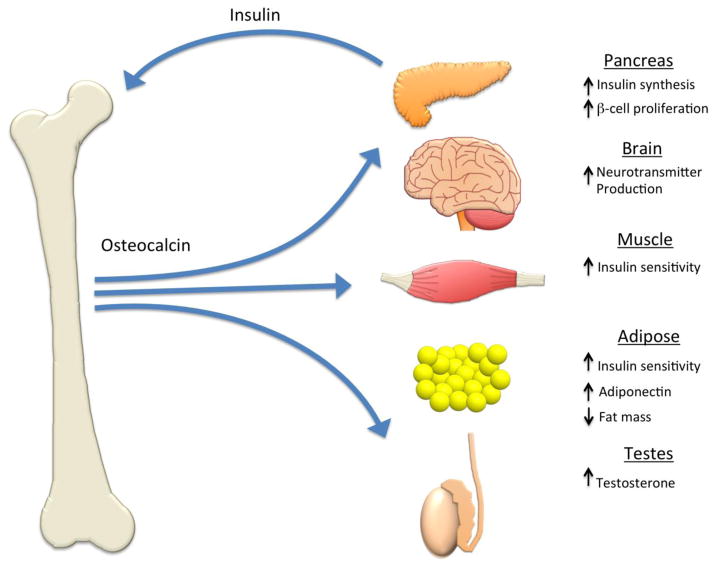Figure 2. Hormonal effects of osteocalcin on whole body metabolism.
In response to insulin, undercarboxylated osteocalcin is produced by the osteoblast or released from the bone matrix by the low pH of the osteoclast resorption pit and enters the circulation where it acts as a hormone. Osteocalcin produces a widespread increase in insulin sensitivity, which may be partially mediated by the increased production of adiponectin by adipose tissue. In the pancreas, osteocalcin causes an increase in β-cell proliferation as well as increased insulin production. Additional studies have suggested that osteoclacin acts in the brain to stimulate neurotransmitter production and in the testes to increase testosterone production.

